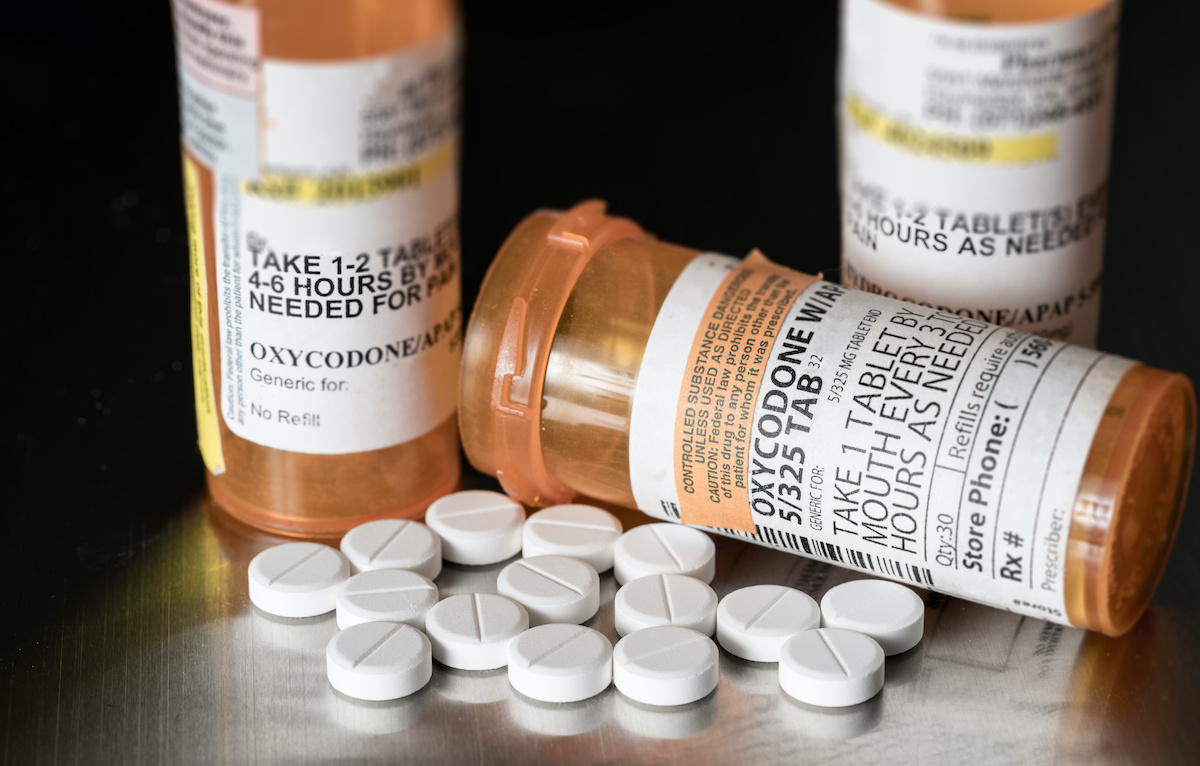
State House lawmakers plan to beef up spending on public health after the governor proposed a budget that mostly relied on massive federal spending to fuel Georgia’s response to the COVID-19 pandemic.
The House’s budget committee signed off on changes to the current year’s spending proposal early Wednesday morning, teeing it up to clear the full chamber Thursday. It would then move to the Senate for consideration.
Lawmakers are racing to pass an updated $26.3 billion spending plan through at least the end of June in case their work is upended by a virus that caused them to abruptly suspend the session last spring.
The coronavirus, which has killed about 12,000 people in Georgia, has put extraordinary strain on a public health system that some argue is underfunded.
State Sen. Elena Parent, an Atlanta Democrat, said Wednesday that relying on federal money suggests the state’s leaders “don’t believe that COVID-19 or public health, in general, is a Georgia problem.” She criticized Republican Gov. Brian Kemp for instead socking away money into the state’s reserves, which now sit at about $2.7 billion.
“Funding public health should be a priority during a pandemic,” Parent said. “We should also take the common sense and broadly popular revenue-raising steps, such as raising the tobacco tax to meet our public health needs. Funding public health should clearly be a priority over keeping tobacco taxes low.”
Some Republican leaders have defended the governor’s budget after critical news coverage, arguing that the more than $1 billion in federal aid that Georgia has received to fight the virus equates to about four times the state’s usual spending on public health.
“We are in a pandemic,” Sen. Jeff Mullis, a Chickamauga Republican, said Wednesday “It’s not just a state pandemic. It’s a national crisis. We’ve never been here before, except in 1918, and I don’t think anybody here was there at that point.”
But the GOP-controlled House is on track to increase the state’s role in funding the response. Most notably, $18 million would go toward replacing and modernizing the state’s overwhelmed Georgia Immunization Registry or GRITS, which was not designed to handle large volumes of vaccination data.
“They have had a tremendous amount of money come to them on the federal level right now,” said Rep. Terry England, chairman of the House Appropriations Committee. “I think they’re sitting somewhere at about a billion dollars in federal money that they will be receiving in the next week or so that’ll be going to the COVID response. But there are some things that we can do.”
State lawmakers have also proposed adding about $286,000 to hire a chief medical officer, a deputy commissioner of public health, and a chief data officer to help the agency through the pandemic “as well as provide ongoing public health leadership,” according to a budget document.
And $15.4 million would go toward the agency’s AIDS Drug Assistance Program, which provides HIV/AIDS medications to low-income Georgians who are uninsured or underinsured.
Kemp offered up his budget proposal earlier this month with a call to restore about 60% of the cut to public education last year and a host of other funding bumps after state revenues beat dire predictions. But as is always the case, state lawmakers are eager to leave their mark on the budget, too.
House lawmakers have also proposed undoing other budget cuts from last year, adding $590,000 for agricultural education.
The budget would also now devote $38.6 million to buying new school buses for k-12 districts, as well as put about $427,000 toward easing the shortage of medical examiners that led the Georgia Bureau of Investigation to consider closing a medical examiner office in Macon.






